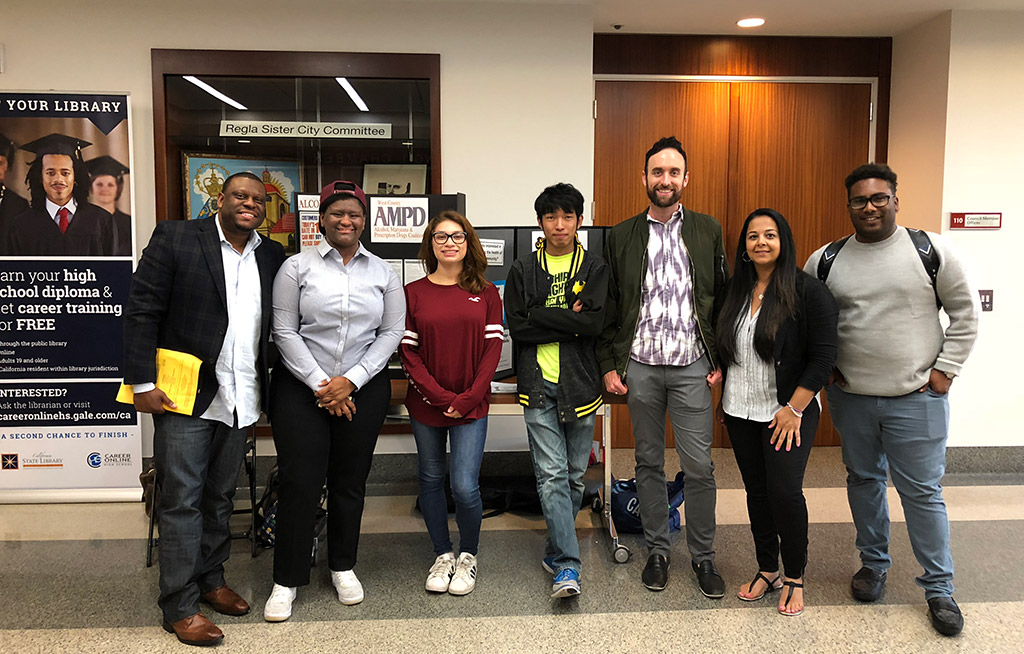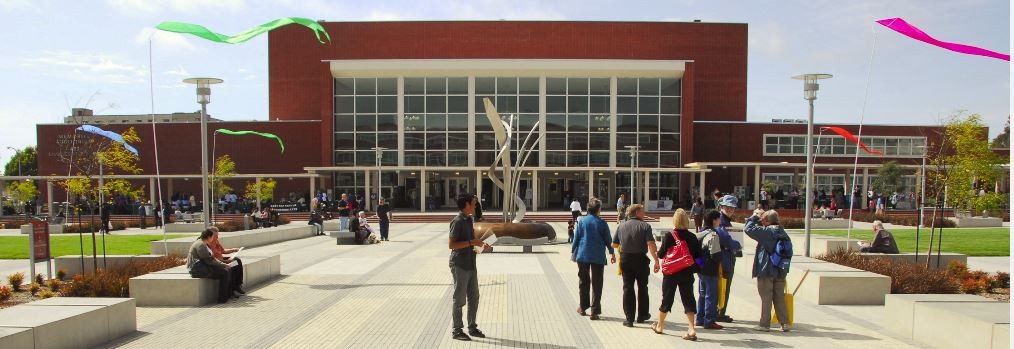After encountering a setback with the proposed city-wide single sales ban due to preemptive state law back in 2018, DROC students set on a project to first learn more about what it is for themselves. With the help of Joan, DROC’s program coordinator, the students learned about what preemption meant, its applications in different sectors and levels of law and policies, and the history of preemptive state law as it related to the regulation of alcohol sales. In understanding it themselves, they can begin to educate and inform their larger community to gain the community support they need to eventually bring back the issue of preemptive state law in alcohol sales regulation to the city council.

In addition to learning about state preemption, the students researched data on their local community to learn how preemptive state law has affected their community through health outcomes and the state of their current alcohol landscape. After understanding state preemption and their community’s history with alcohol, the students proceeded to draft their resolution. In this resolution, the DROC students incorporated the data they gathered previously. This included the dangers of alcohol consumption, its impact on the community and increased violence, the history of alcohol outlets setting up shop in Richmond due to the industrialization of the area, racist housing policies, and how alcohol access can influence youth behavior and attitudes. After a couple of revisions and edits by Joan, the resolution was ready to be submitted to the city council’s staff.
Fortunately, DROC had prior contact with the current mayor’s staff and was able to hand off that resolution to be submitted to the city council agenda in March 2020. However, the COVID-19 pandemic struck, and priorities had to be reorganized to address the community’s immediate concerns over their health during the pandemic. Subsequently, the city council pushed DROC’s resolution back to the November 2020 agenda.
With the resolution on the agenda, Joan and the DROC students began drafting public comments to be submitted to the city clerk’s office or to be read aloud during the city council meeting. Joan encouraged the students to write about the impact of alcohol on their lives and community and how they feel about the increased accessibility compared to neighboring cities. At the city council meeting, 3 DROC youth spoke, while a handful of others submitted written public comments. On November 10, 2020, the city council unanimously voted to adopt our resolution supporting future amendments to current state alcohol regulation for communities to address the alcohol accessibility in their communities! This brought DROC students a step closer to bringing back more local control over their community’s alcohol landscape.
To view our resolution, head to the Resources page to read over it. While you’re there, take a look at a template to pass a similar one in your city!






